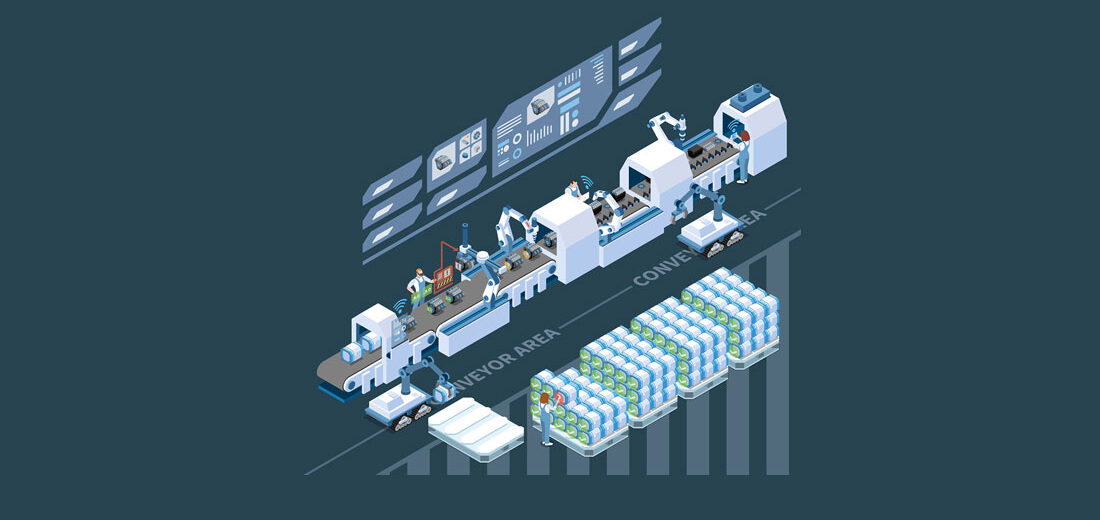DATA: Data Warehousing – Bigger, Faster, and Easier To You
With the use of advanced data analytics being a part of today’s reality, now more than ever manufacturers are paying close attention to their data collection and storage capabilities. It’s been a best practice for years to collect all the data you can. Why? Just in case. But today collecting data isn’t always enough to allow for all of the newer solutions out there to work at their best and deliver the results you want. A recent trend we are seeing in Avanceon’s customers is that their data collection is outsizing their storage infrastructure, making queries run agonizingly slow, limiting the user experience and overall system confidence. Compounding this issue is the analysis of the information has become more difficult because, in order to get more context to the data, it requires connection to multiple disparate databases. As the demand and scale grow, those disparate connections that they rely on can’t keep up with the retrieval demands. As the issue compounds, the need to solve this problem and streamline the access to information becomes critical to the viability of the analytics solutions. To help our customers address this issue, Avanceon’s data science team is undertaking various initiatives to upgrade the data infrastructure into a centralized data warehouse setting.
Once the information is converted to a warehouse setting and separated from the source databases it removes the need to worry about maintaining multiple database servers. The warehouse makes it easier to keep versions and connections up to date and compatible with one another, and that’s just the tip of the iceberg. Once data infrastructure has been shifted to the warehouse, the addition of more context, deeper data dives, enhancement of queries and everything else end-users look to accomplish will be faster, more robust, and more scalable going forward. From simple reporting and dashboards, to higher level advanced analytics that will drive efficiency and streamline processes, wherever there is relevant data to be found, it will be picked up in the model and accessible. Data warehouse systems are specifically designed to perform well under significant strain and demand. At its core the architecture of a web service is simply more scalable on the back end than a finite number of database servers because in this system processes can automatically scale up or back based on the complexity of the request for info.
The most important part of this process is that a data warehouse allows for the creation of a more all-encompassing data model. In a disparate model many of the sources or processes that create data in manufacturing such as historians, labor, financial or enterprise systems are inherently related to one another, but regardless of the relationships some things get stored in different databases because of the sheer amount of storage needed. In a data warehouse environment these items can now be formally related in the data model without needing to set up and test a hard linked server connection. As a result of the data now being in one place the performance will exceed a linked server at every turn. Today’s data model relationships work in conjunction with the best analytics tools on the market allowing deeper insight. Finally, from an end user perspective, the data warehouse structure is much less complicated. It creates a simplified path for the user to move towards self-service data solutions for the info they need to do their job better. Independent extraction of information lessens the reliance on an external resource such as a different department or external partner.
The headlines and press focuses the appeal of “Big Data” on the topics of analytics or machine learning. If those things are the rocket ship that will carry the industry into the future, good data warehousing is the launch pad.
Image Source:macrovector









